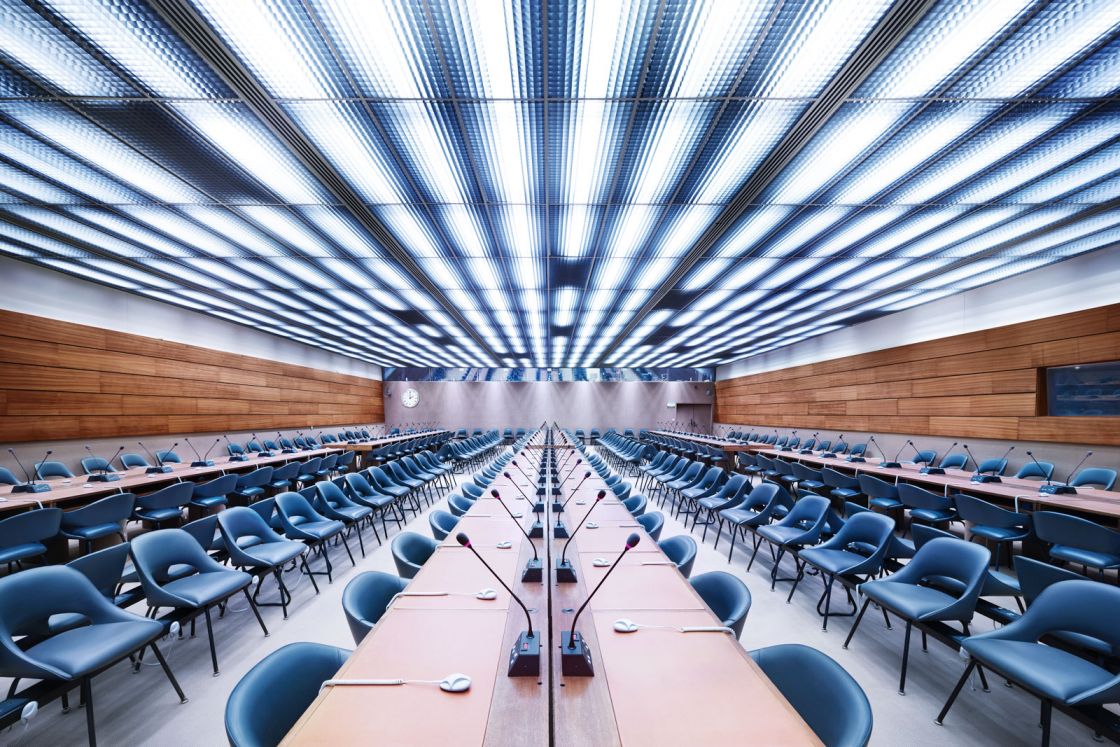- Editorials
- Posted
Preconditions and Unseriousness
There is no doubt that the preconditions in the negotiations for a political solution have been - and are still - rejected, because they are contrary to the international resolution and obstruct the political process. But on the other hand, the response to these conditions should not be a position of seriousnessness toward the urgent political solution, like the position taken by the Syrian government delegation toward the eighth round of the current Geneva negotiations, where they delay in timing, and hesitate in agreeing on extending the negotiation, and insist on not running direct negotiations.
The actual response to any precondition is to remove the precondition itself, not to take this condition as a pretext to obstruct the direct negotiations, as if this pretext was handed "on a silver platter"! The only way to remove the preconditions is to insist on a consensual political solution empowered by the international resolution, which will further isolate the extremist forces, especially after the decline of the role of those international, regional and Syria powers supportive of the Riyadh extremists, and in light of the new composition of the negotiating delegation, and the increasing role of those opposition forces which takes the pushing of the political process forward as a serious matter. Therefore, the interest of Syria as a country requires the highest degrees of seriousness in dealing with this international platform – the platform of Geneva – because it belongs to the Syrian people and, maybe, represents the people’s basic tool to salvage their country. On this basis and with such a spirit, must everyone deal with the process, in order not to turn it again to a missed opportunity.
The essence and root of the desired political solution, is to enable the Syrian people to self-determine their own destiny, including the choice of their political system, through free, transparent and fair elections, involving all Syrians, and within a determined period of time. In such a way, the Syrian people can transcend the process of changing a power for another power, or legitimizing the regional and international influence, as is the case seeked by the defeated extremists within the coalition [for Syrian Revolution and Opposition Forces], through their vague understanding of the political solution, and their distorted interpretation of the resolution 2254. At the same time, the desired political solution never means that the regime will continue to control the power, as the regime's extremists seek.
The military battle against terrorism is coming to its end, after a series of successive strikes against terrorism, and the restoration of large areas back to the sovereignty of the Syrian state. The current battle in Geneva is the gateway to complete this battle politically, and unifying the Syrians against this temporarily emergent phenomenon in Syria. In particular, many media reports, refer to the readiness of the Russian ally to withdraw its military forces, and in doing so – in addition to the previously achieved de-escalation areas, and their fair and impartial role in them - the Russians is advancing a new model in dealing with international crises; a model in line with the restoration of national sovereignty, and maintaining the unity and independence of countries. this confirms, more and more, the intentions and purpose of the Russians’ military entry into the Syrian arena, as a tool for assisting the Syrians to reach a consensual political solution, and self-determine the fate of their own country, not a tool of domination, as was the case – and still is – with the behavior of the Western hegemonic powers.
Kassioun Editorial, Issue No 839, Dec. 2, 2017.


